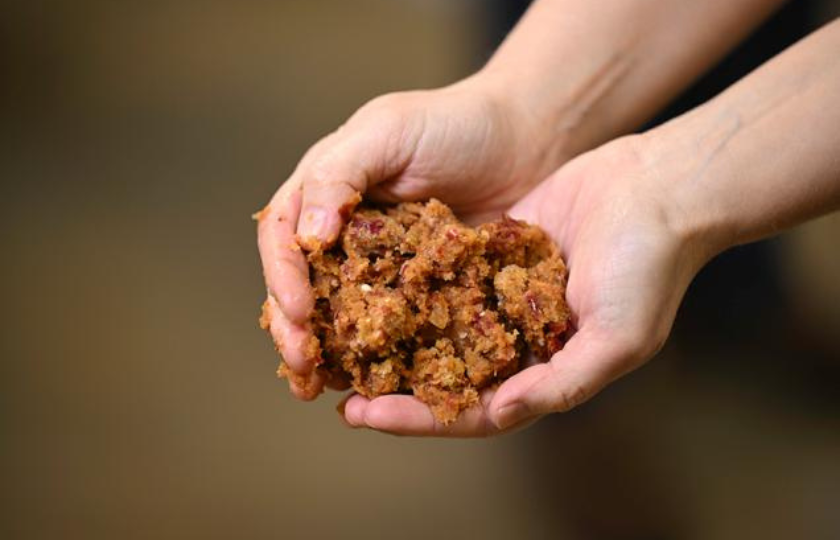Australia creates more than 7.6 million tonnes of food waste annually, costing over $36.6 billion and producing 17.5 million tonnes of greenhouse gas.
To help address this issue, Deakin University’s Recycling and Clean Energy Commercialisation Hub (REACH) has partnered with Japanese company Jet Technology to turn organic waste into valuable products, such as apple waste into organic fabrics or sugar waste into stock feed.
Deakin’s chair in biotechnology Colin Barrow and his team from the Centre for Sustainable Bioproducts will work with Jet Technology to explore the capability of the company’s Environmental Recycling System (ERS) to convert organic waste into reusable products.
Professor Barrow said sending organic waste to landfill was a missed opportunity to use it as a resource.
“Through this project, we are exploring innovative methods to reduce organic waste, mitigate environmental impacts, and create value-adding products for a range of sectors,” he explained.
Jet Technology’s CEO, Howard Ju, said there was great potential to improve organic resource recovery in Australia’s agricultural, dairy and fishery sectors and develop a circular economy.
“Australia’s agricultural and fishery resources represent significant tonnage of organic product that could be scaled-up for commercialisation,” said Ju.
He added that the ERS technology can reduce the organic recycling process from weeks or months to just a few hours.
“It is a clean process with almost zero environmental pollution that will produce organic products such as fertiliser, cow feed and textiles.”
The four-year research project will be undertaken at the ‘BioFactory’ at Deakin’s Waurn Ponds campus. It will initially focus on processing agricultural waste, converting apple pomace into a bioproduct for the textile industry.
Apple pomace comprises the apple skin, pulp, seeds and stems left over from apple juice manufacture. Its disposal in landfills can lead to greenhouse gas emissions and potential soil and groundwater contamination.
The project will also look at new ways to deal with one of Australia’s biggest organic waste problems – Bagasse, the material left over when sugar is made. It accounts for around 20 per cent of the nation’s organic waste, and its researchers will investigate ways to reuse the material, such as cow feed.
“Supporting Jet Technology with supply chains and infrastructure, we will develop viable solutions for repurposing industry-generated organic waste to build a circular economy across different sectors, unlocking millions of dollars in value and strengthening domestic manufacturing,” Professor Barrow concluded.
If successful, it could establish a local multi-million-dollar bio-economy where organisations such as councils, supermarkets and food and beverage businesses could cut costs while generating new revenue streams and job opportunities.



